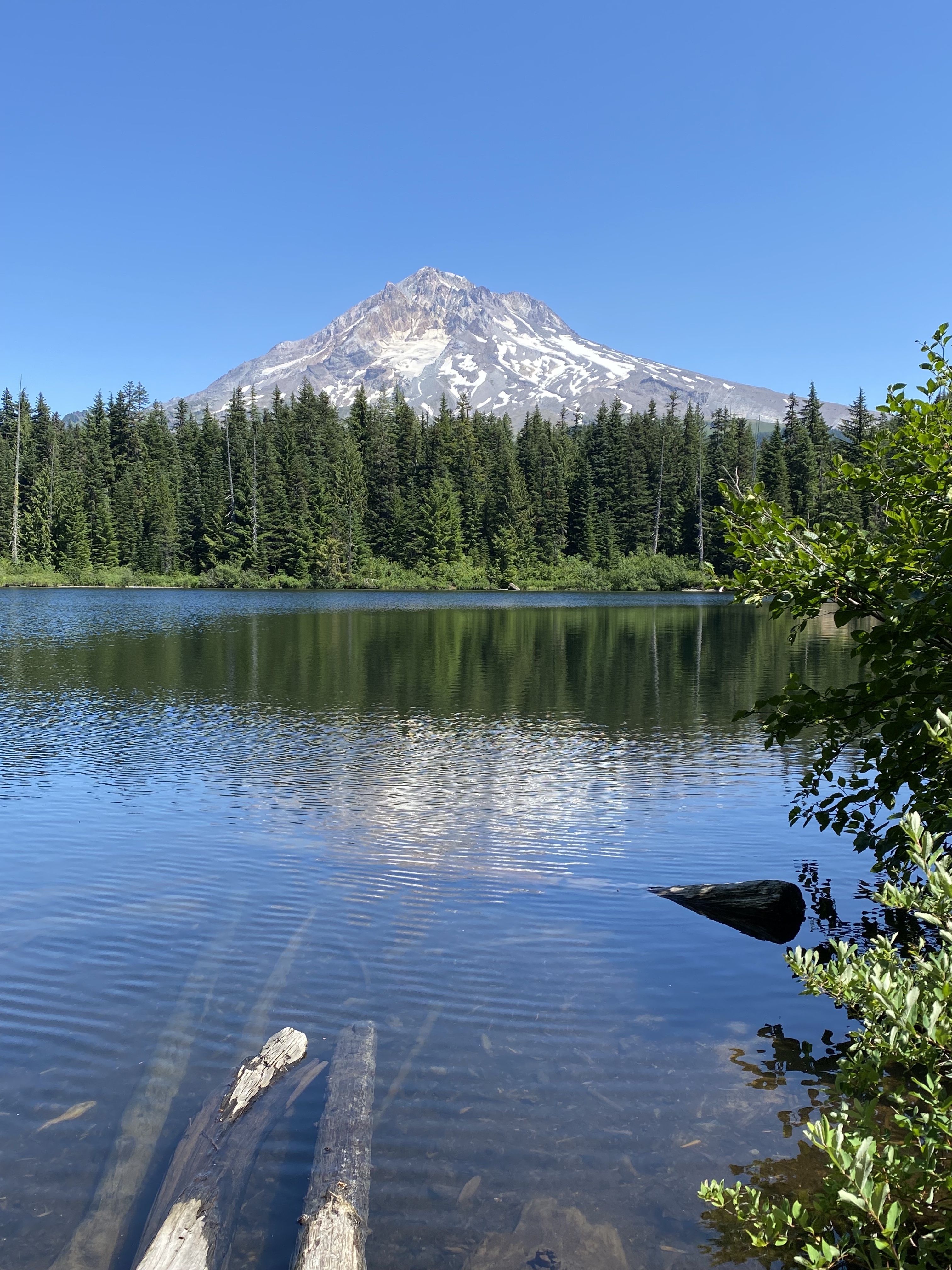- Teacher: James Proctor
Lewis & Clark Moodle
Search results: 2574
- Teacher: James Proctor
- Teacher: James Proctor
- Teacher: Elizabeth Safran
- Teacher: Elizabeth Safran
- Teacher: Shoshana Rybeck
- Teacher: Elizabeth Safran
- Teacher: Elizabeth Safran
- Teacher: Elizabeth Safran
and solutions, integrating concepts and analytical
skills drawn from the natural sciences, social
sciences, and humanities. Foundation for all
subsequent courses in the environmental studies
major. Lectures, faculty and guest presentations,
regular online assignments, individual and group
research projects.
- Teacher: James Proctor
Scholarly perspectives on environmental problems, and solutions, integrating concepts and analytical, skills drawn from the natural sciences, social, sciences, and humanities. Foundation for all, subsequent courses in the environmental studies, major. Lectures, faculty and guest presentations,, regular online assignments, individual and group, research projects.
- Teacher: James Proctor
- Teacher: Kellen Copeland
- Teacher: James Proctor
- Teacher: James Proctor
- Teacher: Elizabeth Safran
and solutions, integrating concepts and analytical
skills drawn from the natural sciences, social
sciences, and humanities. Foundation for all
subsequent courses in the environmental studies
major. Lectures, faculty and guest presentations,
regular online assignments, individual and group
research projects.
- Teacher: James Proctor
- Teacher: Elizabeth Safran
- Teacher: James Proctor
and solutions, integrating concepts and analytical
skills drawn from the natural sciences, social
sciences, and humanities. Foundation for all
subsequent courses in the environmental studies
major. Lectures, faculty and guest presentations,
regular online assignments, individual and group
research projects.
- Teacher: James Proctor
- Teacher: James Proctor
- Teacher: Jessica Kleiss
- Teacher: James Proctor
- Teacher: Jessica Kleiss
- Teacher: James Proctor
Environmental Studies Program as preparation for
upper-division work by majors and minors. Emphasis
on formulation, practice, and communication of
research. Skills span full range of allied fields,
including descriptive and inferential statistics,
geographic information systems, survey and
interview techniques, qualitative data analysis,
and bibliographic research. Lectures, individual
and small-group assignments, and course project.
Accompanying lab provides opportunity for students
to build analytical skills via real-world
research.
- Teacher: James Proctor
Development of research and analytical skills in environmental studies as preparation for upper-division work by majors and minors. Emphasis on formulation, practice, and communication of research. Skills span full range of allied fields, including descriptive and inferential statistics, geographic information systems, survey and interview techniques, qualitative data analysis, and bibliographic research. Lectures, individual and small-group assignments, and course projects. Accompanying lab provides opportunity for students to build analytical skills via real-world research projects. Prospective majors develop concentrations as a central activity in 220.
- Teacher: James Proctor
- Teacher: Tessa Forth
- Teacher: Alana Rader
- Teacher: Jessica Kleiss
- Teacher: James Proctor
- Teacher: Elizabeth Safran
- Teacher: Curtis Hall
- Teacher: Jessica Kleiss
- Teacher: Elizabeth Safran
- Teacher: James Proctor
- Teacher: James Proctor
- Teacher: Elizabeth Safran
- Teacher: Jessica Kleiss
environmental scholarship to people in a variety
of settings. Identification and finalization of
engagement opportunities; development of
communication, cultural competency, and related
skills; reflection on engagement experiences; and
authoring and sharing of outcomes. Engagement
projects build on partnerships with Portland-area
organizations.
- Teacher: Alana Rader
environmental scholarship to people in a variety
of settings. Identification and finalization of
engagement opportunities; development of
communication, cultural competency, and related
skills; reflection on engagement experiences; and
authoring and sharing of outcomes. Engagement
projects build on partnerships with Portland-area
organizations.
- Teacher: Alana Rader
- Teacher: James Proctor
- Teacher: Alana Rader
- Teacher: James Proctor
- Teacher: James Proctor
- Teacher: Jessica Kleiss
- Teacher: Laura Mundt
- Teacher: James Proctor
- Teacher: Elizabeth Safran
- Teacher: Kellen Copeland
- Teacher: Rosie Goity
- Teacher: Laura Mundt
- Teacher: James Proctor
- Teacher: Elizabeth Safran
environmental scholarship to people in a variety
of settings. Identification and finalization of
engagement opportunities; development of
communication, cultural competency, and related
skills; reflection on engagement experiences; and
authoring and sharing of outcomes. Engagement
projects build on partnerships with Portland-area
organizations.
- Teacher: James Proctor
(earthquakes, volcanic eruptions, landslides,
tornadoes, hurricanes, fires, tsunamis), with a
focus on the interplay between the human and
physical landscapes that make these events so
deadly and imbued with diverse meanings.
Perspectives drawn from the humanities, social
sciences, and natural sciences to examine both
historical events whose consequences have played
out and recent dramas whose aftermaths are still
unfolding. Contrast of impacts and perceptions of
these events with select examples of anthropogenic
disasters (Chernobyl, Bhopal, Deepwater Horizon);
anticipation of future natural disasters and
consideration of the science of living with risk.
Projects emphasize local and regional issues.
- Teacher: Elizabeth Safran
- Teacher: Elizabeth Safran
- Teacher: Elizabeth Safran
- Teacher: Elizabeth Safran
- Teacher: Elizabeth Safran
- Teacher: Jessica Kleiss
- Teacher: Jessica Kleiss
- Teacher: James Proctor
- Teacher: Elizabeth Safran
- Teacher: Jessica Kleiss
- Teacher: James Proctor
- Teacher: Jessica Kleiss
- Teacher: James Proctor
- Teacher: James Proctor
- Teacher: James Proctor
- Teacher: James Proctor
assumptions underlying environmental studies,
including the nature of environment, environmental
knowledge (including role of sciences and
humanities), and environmental problems and
solutions. Intensive reading and writing, class
discussions, and project-based application of
theory to contemporary topics.
- Teacher: James Proctor
- Teacher: James Proctor
- Teacher: James Proctor
assumptions underlying environmental studies,
including the nature of environment, environmental
knowledge (including role of sciences and
humanities), and environmental problems and
solutions. Intensive reading and writing, class
discussions, and project-based application of
theory to contemporary topics.
- Teacher: James Proctor
- Teacher: James Proctor
Development of research topic, questions,
methodology. Development of annotated
bibliography, concept map, and draft thesis
outline. Weekly short writing assignments.
- Teacher: James Proctor
- Teacher: Elizabeth Safran
- Teacher: Elizabeth Safran
involving primary research for all senior
environmental studies majors. Research theses are
based on each student's concentration within the
major and include both oral and written
components. Students are encouraged to start
planning their theses through meetings with the
instructor during the previous semester or,
preferably, even earlier. Students should have
completed all other environmental studies core
courses prior to taking this course.
- Teacher: Elizabeth Safran
- Teacher: James Proctor
- Teacher: James Proctor
- Teacher: Elizabeth Safran
- Teacher: Elizabeth Safran
- Teacher: James Proctor
- Teacher: Shoshana Rybeck
- Teacher: Elizabeth Safran
- Teacher: James Proctor

- Teacher: Karen Russell

- Teacher: Hannah Goldblatt
- Teacher: Karen Russell
- Teacher: James Proctor
and ENVS 220 to the understanding of specific
environmental issues. Potential topics include
biodiversity, climate change, energy,
environmental justice, international agreements,
land use, natural-resource depletion, pollution,
sustainability, transportation, and urban sprawl.
May be taken twice for credit with change of
topic.
- Teacher: Alana Rader
- Teacher: James Proctor
- Teacher: Shelly Reggiani
- Teacher: Erin Ocon
- Teacher: Shelly Reggiani
- Teacher: Shane Burchell
- Teacher: Shane Burchell
- Teacher: Shane Burchell
- Teacher: Erin Ocon
- Teacher: Shane Burchell
social, and political characteristics of bilingualism and biculturalism in the United States and abroad. ESOL/bilingual teaching is considered in light of laws, research findings, and second-language acquisition theory. Ensures
that educators are not only able to plan and implement programs optimal learning of all students, but also gives educators the tools to advocate for equity in their schools and school communities.
- Teacher: Shane Burchell
- Teacher: Erin Ocon
- Teacher: Maureen Ray
- Teacher: Alejandra Favela
- Teacher: Erin Ocon
- Teacher: Amber Tatge
- Teacher: Alejandra Favela
- Teacher: Erin Ocon
- Teacher: Amber Tatge
- Teacher: Alejandra Favela
- Teacher: Alejandra Favela
- Teacher: Alejandra Favela
- Teacher: Wei-Wei Lou
- Teacher: Erin Ocon
- Teacher: Shane Burchell
- Teacher: Shane Burchell
- Teacher: Erin Ocon
- Teacher: Shane Burchell
- Teacher: Erin Ocon
- Teacher: Erin Ocon
- Teacher: Shelly Reggiani
- Teacher: Tim Blackburn
- Teacher: Erin Ocon
- Teacher: Shane Burchell
- Teacher: Erin Ocon
- Teacher: Yasin Tunc
- Teacher: Belle Koskela
- Teacher: Julie Rowell
- Teacher: Shane Burchell
- Teacher: Shane Burchell
- Teacher: Erin Ocon
- Teacher: Shane Burchell
- Teacher: Belle Koskela
- Teacher: Erin Ocon
- Teacher: Belle Koskela
- Teacher: Erin Ocon